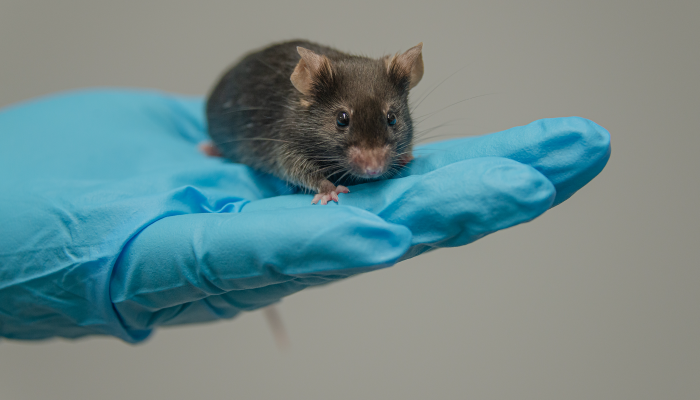
The US Food and Drug Administration (FDA) has announced its intention to phase out mandatory animal testing for monoclonal antibodies and other drugs with the aim of modernizing preclinical translational science, enhancing drug safety, reducing development costs, and expediting the approval process by adopting advanced, human-relevant testing methodologies.
The FDA's new strategy centers on the implementation of New Approach Methodologies (NAMs), which encompass AI-based models, laboratory-engineered human organ-like structures, and computational simulations. It is expected that such methods could predict a drug's behavior and potential side effects more accurately than traditional animal testing.
"For too long, drug manufacturers have performed additional animal testing of drugs that have data in broad human use internationally," stated FDA Commissioner Martin A. Makary. "This initiative marks a paradigm shift in drug evaluation and holds promise to accelerate cures and meaningful treatments for Americans while reducing animal use."
Immediate implementation
Effective immediately, the FDA will encourage the submission of non-animal safety data for investigational new drug (IND) applications. Developers providing robust NAMs data may benefit from streamlined review processes, incentivizing the adoption of these innovative methods.
Additionally, the FDA plans to launch a pilot program within the next year, allowing selected developers of monoclonal antibodies to utilize non-animal-based testing strategies. Insights gained from this program will inform future regulatory changes and guidance updates.
This initiative aligns with the FDA Modernization Act 2.0, enacted in December 2022, which removed the federal mandate for animal testing in drug development. The act permits the use of alternative testing methods, such as cell-based assays and computer modeling, provided they meet rigorous safety standards.
Industry analysts view the FDA's move as a positive step toward integrating cutting-edge technology with regulatory processes. Rick Weissenstein, an analyst at TD Cowen, noted that the initiative "combines deregulatory themes and cutting-edge technology – all in service of the broadly popular goal of reducing animal testing."
While the transition to NAMs is expected to reduce reliance on animal testing significantly, the FDA acknowledges that animal studies may still be necessary in certain contexts where alternative methods are not yet validated. Organovo founder and CEO Keith Murphy agrees: “What will not change, and for now should not, is that we still need animal testing for absorption, distribution, metabolism, and excretion studies, as well as systemic tox or other issues related to the whole organism. A 3D liver model used in parallel, however, can flag liver toxicity that otherwise might be missed.
“Aside from areas where animals can’t yet be replaced, regulators are science-based and have and will always accept scientific data and arguments that are convincing.”
Nonetheless, this shift represents a substantial advancement in ethical and efficient drug development practices.




